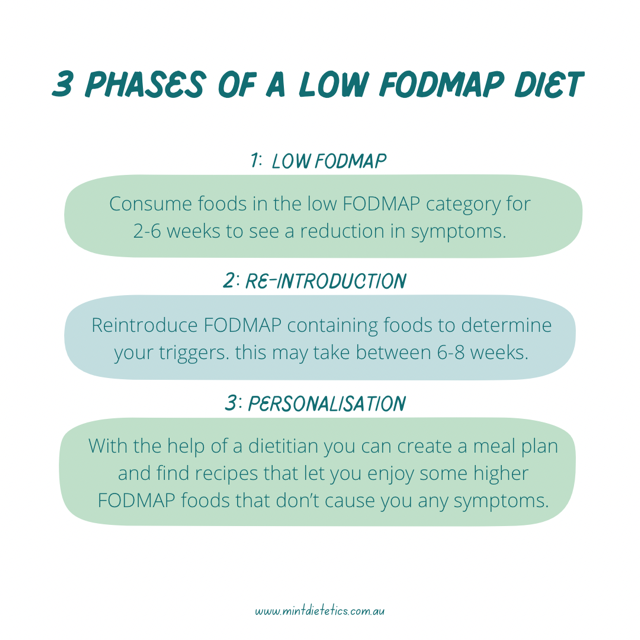The Top Foods to Avoid if you have IBS
- Jenny Jacobs

- Feb 9, 2021
- 3 min read

If you are someone living with IBS and find yourself having chronic digestive symptoms it is wise to take a closer look at the foods you are eating as these are most often the culprit of digestive flareups. It is important to work with someone who is trained in food and gut health so that you are getting the right nutrition for your body. Contact me if you need help deciphering what you may be reacting to.
Fatty Foods
Foods that are fried in unhealthy fats such as refined oils (eg. canola oil, corn oil, cotton seed oil, sunflower oil) or hydrogenated fats (eg. margarine) moves slowly through the intestinal tract causing food to sit in the gut longer leading to constipation and bloating. For some people, fatty foods can cause loose stools as they may have difficulty digesting high amounts of fats due to altered gut function. Try to avoid too many added fats, commercial snacks and fried processed foods which have little nutritional value such as hot chips, pizza, burgers, cream, donut, creamy salad dressings.
Excessive amounts of caffeine and alcohol
Both caffeine and alcohol are stimulants of the enteric nervous system and can decrease transit time causing loose stools and also stomach pain. Daily consumption of caffeine and alcohol keeps intestines inflamed and irritated preventing the gut from healing and recovering to their normal function. Reduce or avoid food or drink such as coffee, black tea, cola drinks, energy drinks that contain caffeine, chocolate and alcohol.
Foods containing gluten
Many people with IBS find that gluten containing foods can cause IBS symptoms. Gliadin is the protein in gluten which usually causes digestive issues. Foods that contain gluten include products made from wheat (and its relatives ie. triticale, spelt, kamut) rye, barley and oats. Oats do not contain gluten, however they are usually contaminated with gluten as they are processed on the same equipment as gluten containing grains. If choosing oats look for gluten free labelled oats. Gluten is also used in many food products besides bread and pasta eg. sauces and deli meats and many commercially made foods. Many people fall into the trap of eating gluten-free processed foods when eliminating gluten. However, these types of foods are not real foods and unfortunately contain minimal nutrition and many additives which can be problematic for many people. Limit gluten-free processed foods when deciding to go gluten free.
Dairy Foods
For many IBS sufferers dairy can be another problematic food. Dairy foods contain a protein called casein which can be very difficult to digest and when not broken down properly can cause a reaction in some people. Casein can be found in cow’s milk products such as milk, yoghurt, custard, cream, sour cream and cheese. Dairy foods can also contain lactose which is a type of sugar that is a fermentable carbohydrate which can cause bloating and diarrhoea.
Foods containing Fermentable Carbohydrates (FODMAPS)
There has been extensive research into the benefits of reducing fermentable carbohydrates also known as FODMAPs to decrease IBS symptoms.
FODMAPs stand for Fermentable Oligosaccharides Disaccharides Monosaccharides And Polyols. FODMAPs are a group of sugars present in food that pass mostly undigested through the gastrointestinal tract to the large bowel. Here bacteria that live in your bowel feed on these carbohydrate molecules and produce gas which can cause abdominal discomfort. These carbohydrates can be eliminated and then re-introduced into your gut to determine which class of carbohydrates produce symptoms.


%20-%202025-01-10T222601_189.png)



Comments